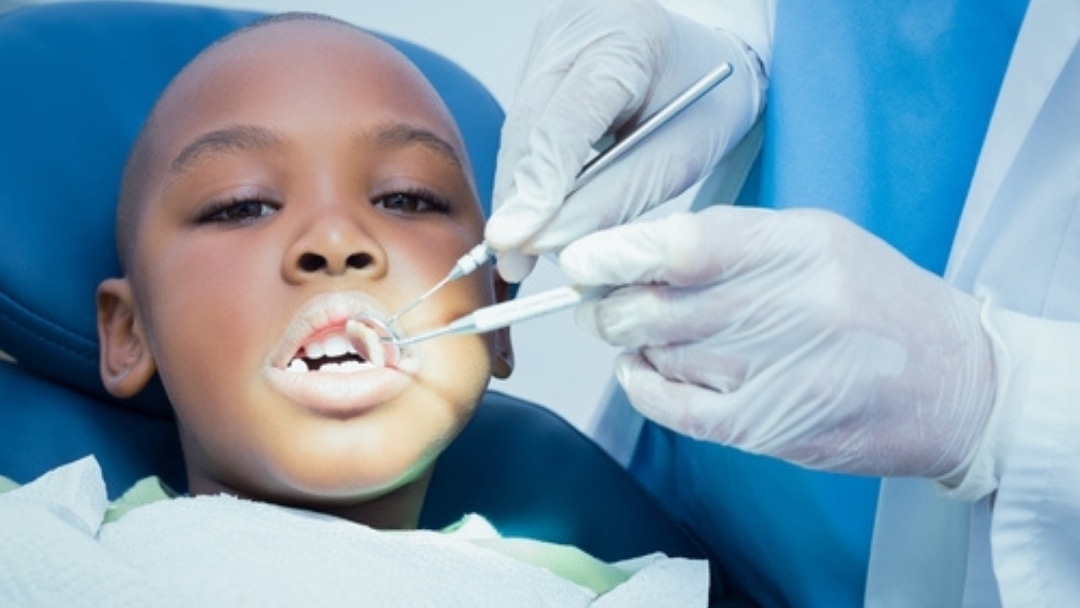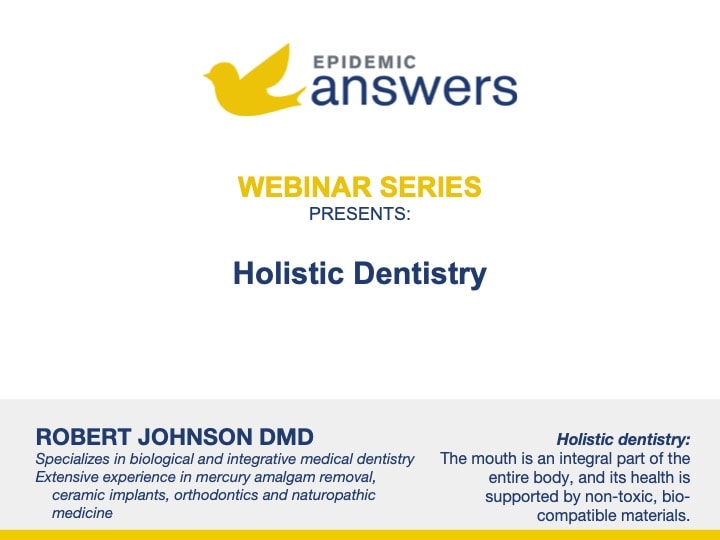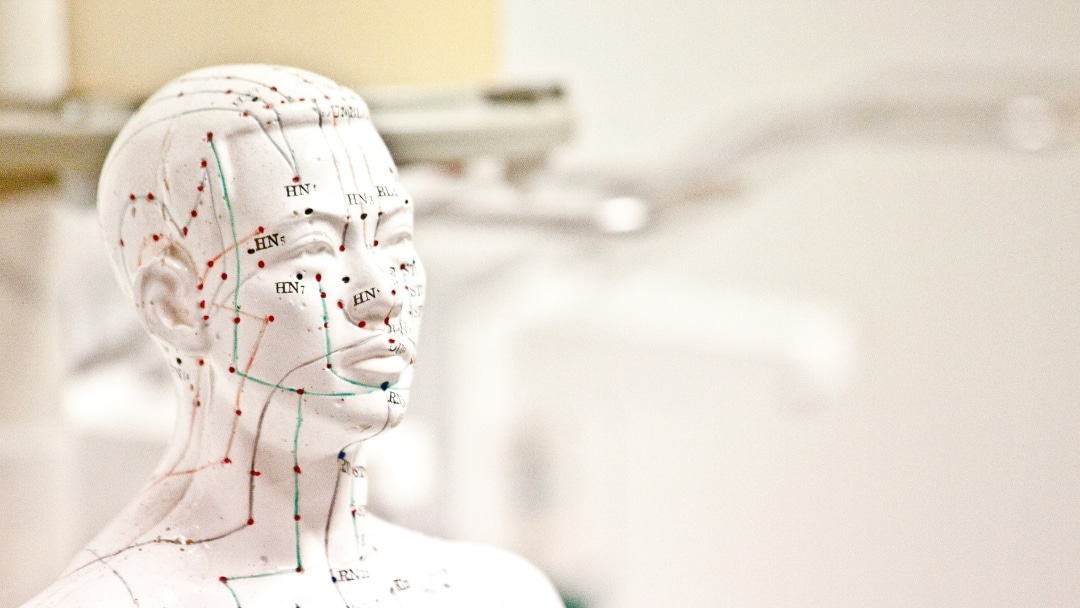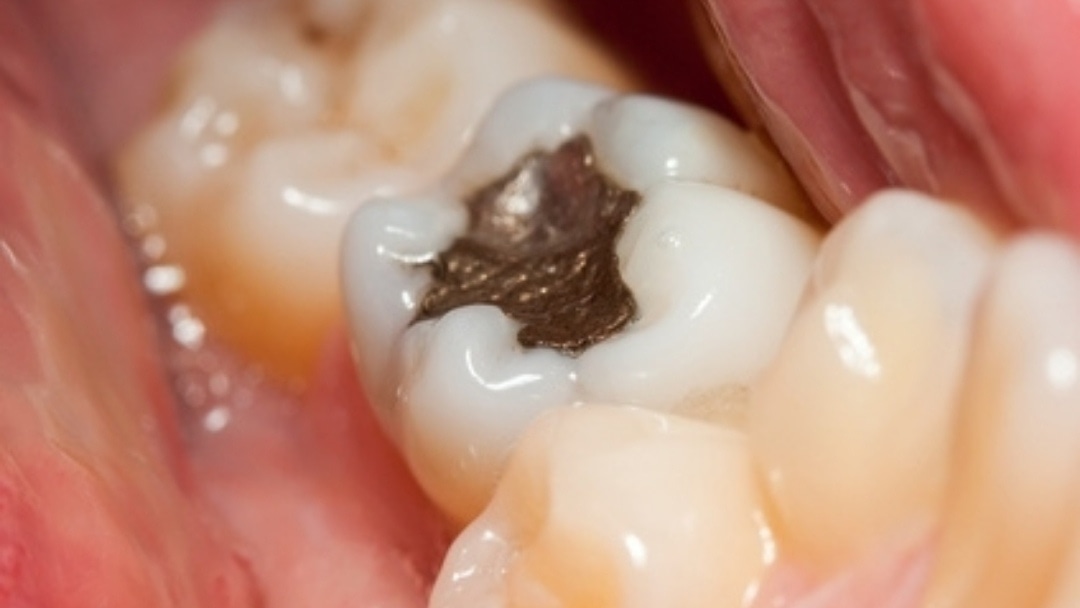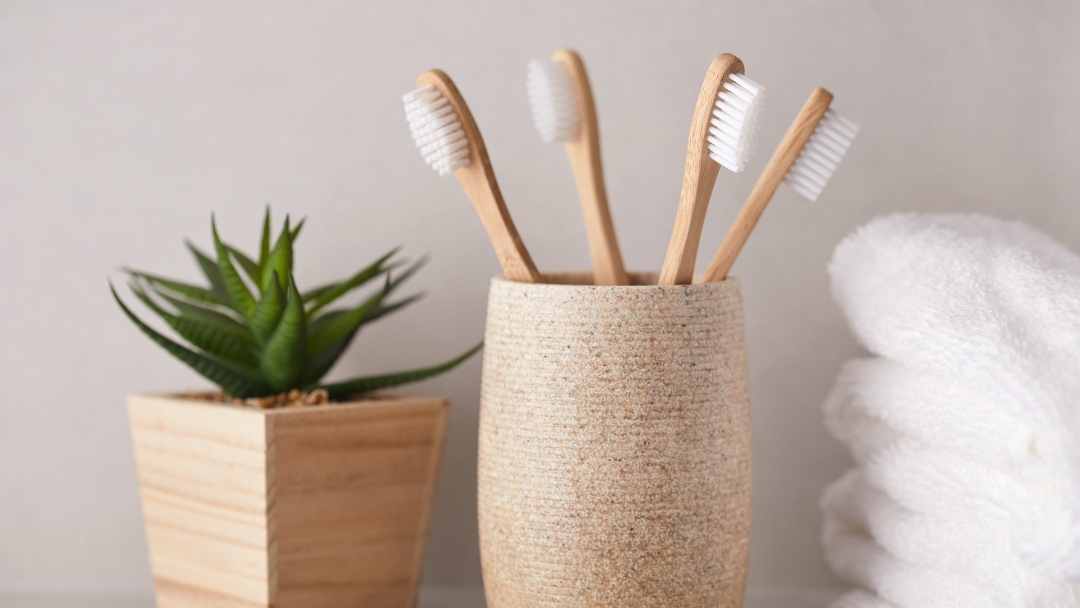Dental health visits are the most dreaded experience for both the parents and the child. Starting your child at an early age (one to two years of age) to have regular yearly visits to the dentist and initiating oral hygiene habits at home (brushing and flossing) are the best ways to practice preventive oral and dental health maintenance for your child.
The American Dental Association (ADA) says that early childhood caries are the number one chronic disease affecting young children. Therefore, it is extremely important in young developing bodies to identify and treat oral decay and disease in childhood and adolescence because there can be long term negative effects on the child’s health getting older.
Sometimes, it is very difficult for parents to always recognize oral and dental health problems. In addition to frequent check-ups to the dentist, it is also very crucial to focus on preventative oral and dental care of your child’s teeth, gums and mouth to ensure positive outcomes and to prevent pain and complication in the future.
What Your Doctor May Tell You About Your Child’s Oral and Dental Health
Most family or pediatric dentists suggest semiannual cleanings as a maintenance protocol for your child, which typically includes fluoride treatments or fluoride supplements as extra protection against tooth decay. Dentists will tell you that fluoride protects the tooth enamel and can reverse low levels of tooth decay and keep new cavities from forming.
If your child is an infant, a pediatric dentist may suggest an infant oral health exam which includes a risk assessment for caries in the mother and the child. In addition, pediatric dentists warn against giving babies and toddler’s sippy cups and bottles filled with sugary juice, soda or other sweet liquids. They will also mention that thumb sucking, once the permanent teeth are in, may cause dental or speech problems.
Your child’s dentist may also tell you the teeth grinding or “bruxism” is usually not harmful and will eventually stop when the permanent molars come through. The dentist will be focused on keeping your child’s teeth, gums and mouth healthy with dental maintenance checkups and oral cleanings.
Mercury Fillings
In the case of tooth decay, cavities are most often filled with composite (“white”) fillings but occasionally mercury amalgams are used. Mercury amalgams may contain as much as 50% mercury, even though mercury amalgams are still accepted by the ADA (American Dental Association) as safe. The ADA has stated that there is insufficient evidence to show mercury release from a dental amalgam.
Your child’s dentist may also apply sealants, a composite protective coating, to protect your child’s back molars from decay.
Gum Health
Pediatric dentists feel that flossing is important because it removes food and plaque lodged in between the teeth. Gingivitis is a gum disease that can also affect children, and your child’s dentist will likely tell you that yearly gum exams and brushing and flossing your child’s teeth will prevent that problem.
Another Way to Think About Oral and Dental Health
Weston A. Price DDS wrote in his book Nutrition and Physical Degeneration about his discovery that cultures with the best dental health were always synonymous with excellent overall physical and nutritional health and a healthy diet and way of life. So what is most important for parents to know and to do?
Biological Dentists
Find a biological dentist or a dentist trained in integrative/holistic health. Biological dentists apply a “whole body” approach to oral health. A biological dentist knows that there is a symbiotic relationship between your child’s physical health and immune system and what is going on with your child’s teeth, gums and mouth. Oral and dental health practices should not be isolated from the total body health and the state of your child’s immune system.
Any mercury in your child’s mouth may negatively impact your child’s neurological functioning in addition to a large array of symptoms that can be caused by mercury exposure.
Biological dentists also understand that decay, injuries, infections or other imbalances in your mouth are closely tied to imbalances in other parts of the body. Therefore, a biological dentist will stress the importance of a healthy diet, including nutritional supplements, using environmentally safe products at home and following safe dental practices.
Here are some common dental health practices of a biological dentist that will can a difference in your child’s overall health and well-being. Biological dentists:
- May not use mercury amalgam fillings because of toxic exposure of mercury affecting neurodevelopment of a child; instead will use porcelain fillings.
- May not use fluoride because of its neurotoxicity.
- May not put sealants which are made from hormone disrupting Bisphenol A (BPA) in a child’s mouth.
- Are very conservative with their drilling practices and avoid crowns on a cavity by using inlays or onlays.
- May use digital x-rays sparingly due to the rise in brain tumors from dental x-rays (for more information, see research of Elizabeth Claus PhD, MD of Yale University).
- May test patients first with applied kinesiology, blood serum or darkfield microscopy and be mindful of the child’s health status and medical history to select the most appropriate filling materials.
- May use natural alternatives to antibiotics whenever possible including: homeopathy, vitamin C, goldenseal, Echinacea, xylitol, stevia, ozone and other natural antimicrobial treatments.
- May use infrared devices for healing after surgery to speed up the healing and reduce discomfort and pain.
- May not recommend extracting wisdom teeth unless they are inflamed and causing a problem for the child.
- May try to avoid root canals by using homeopathy, herbs, ozone and other natural remedies to fight tooth abscesses.
- May tell you that teeth grinding or bruxism may be due to parasites (and can often be treated with homeopathic remedies such as Cina
- Will likely tell you that teeth decay, gingivitis and plaque have to with the child’s diet, unhealthy blood cells and level of toxicity in the body so that it may be necessary to test for heavy metals, yeast overgrowth, parasites and other pathogens that would be compromising oxygen in the child’s cells and leading to the onset of gum disease and tooth decay.
- Will likely tell you that every tooth is connected to a meridian organ as seen in the Acumeridian tooth organ relationship found in a traditional Chinese meridian organs chart.
- May remove mercury amalgams appropriately and safely with ozone therapy and a dental dam to ensure that the patient does not risk any further mercury toxicity.
- Will likely tell you that a mother’s microbiome can affect her infant and probiotics should be given to help restore good microbial balance.
- May use a darkfield microscopy to test saliva in the mouth for parasites.
- May recommend and use non-abrasive natural toothpastes, natural mouthwash, dental floss, other dental hygiene products.
- May recommend specific supplements to improve oral and dental conditions.
Oral and Dental Health Healing Checklist
Use homeopathy specific for oral and dental health:
- Arnica for trauma
- Hypericum for pain
- Aconite for fear
- Belladonna and silica for abscesses
- Chamomilla for teething and irritability
- Hepar sulphur for pus
- Nux vomica for swollen gums
- Calcarea fluorica cell tissue salts to improve tooth enamel
- Ferrum phos cell tissue salts for bleeding
Sequential homeopathy can also be specific for oral/dental symptoms if needed.
Still Looking for Answers?
Visit the Epidemic Answers Practitioner Directory to find a practitioner near you.
Join us inside our online membership community for parents, Healing Together, where you’ll find even more healing resources, expert guidance, and a community to support you every step of your child’s healing journey.
Resources
Books
Breiner, Mark, DDS. Whole-Body Dentistry: A Complete Guide to Understanding the Impact of Dentistry on Total Health. 2011.
Price, Weston A., DDS. Nutrition and Physical Degeneration. 2009.
Thom, Dickson, DDS ND, et al. Bioregulatory Medicine: An Innovative Holistic Approach to Self-Healing. Chelsea Green Publishing, 2018.
